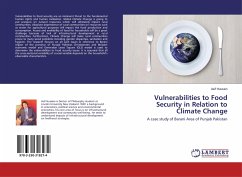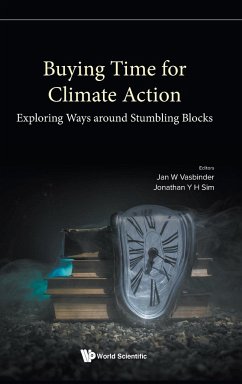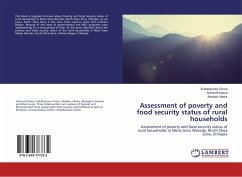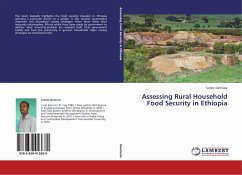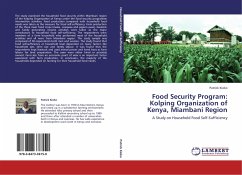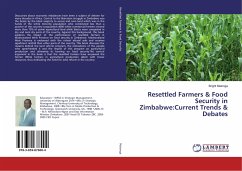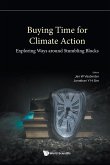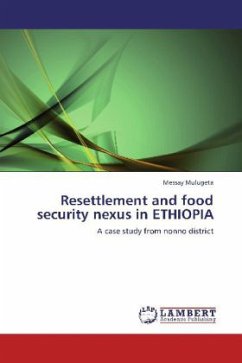Vulnerabilities to food security are an imminent threat to the fundamental human rights and human civilisation. Global Climate Change is going to put pressure on natural resources which will ultimately impact rural communities. Absolute dependence of rural communities on resources such as water for agricultural purposes will impact the food production and consumption. Access and availability of food for households will be a great challenge because of lack of infrastructural development in rural communities. Furthermore, Climate Change will make rural communities prone to many social problems including gender disparities, sanitation and hygiene. The research focuses on all such issues in reference to Barani region of the province of Punjab Pakistan. Christiaensen and Boisvert economic model and Generalize Least Square (GLS) model is used to determine the vulnerabilities to food security issues. It is assumed that all the cross-sectional variability of crucial variable depends on the household's observable characteristics.
Bitte wählen Sie Ihr Anliegen aus.
Rechnungen
Retourenschein anfordern
Bestellstatus
Storno

